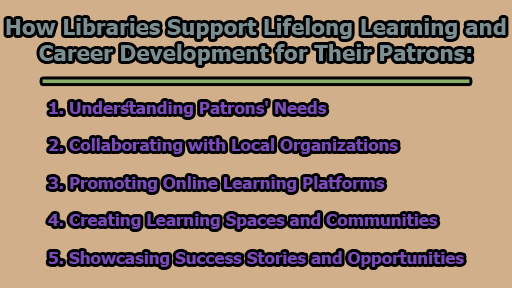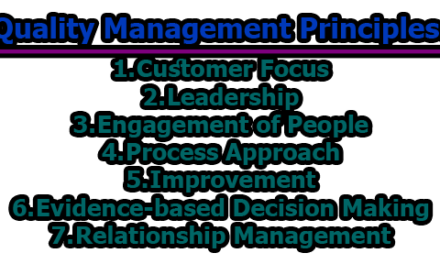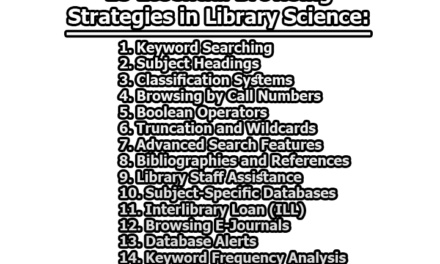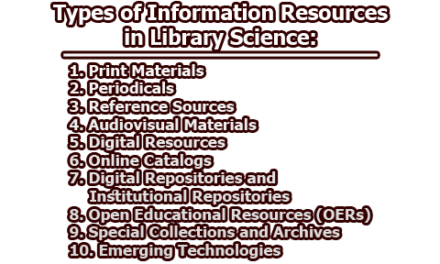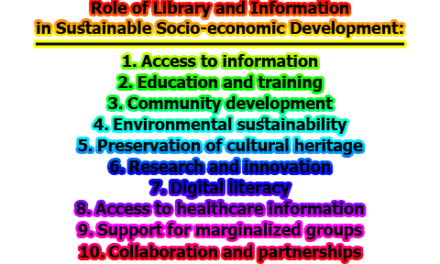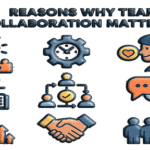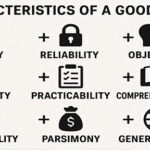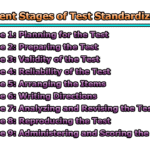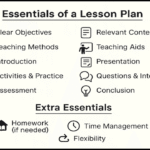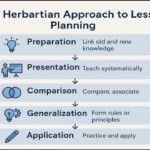How Libraries Support Lifelong Learning and Career Development for Their Patrons:
Libraries have always been a cornerstone of communities, offering a wealth of knowledge, resources, and a welcoming environment for individuals to expand their horizons. In today’s fast-paced and dynamic world, libraries are evolving to meet the ever-changing needs of their patrons. One of the critical roles libraries play is in supporting lifelong learning and career development for their patrons. In this article, we will explore how libraries support lifelong learning and career development for their patrons.
1. Understanding Patrons’ Needs: The first step in designing effective library services is to understand the unique needs, interests, and challenges of your patrons. Libraries can employ a variety of tools, such as surveys, interviews, focus groups, or observations to gather feedback and insights. Additionally, they can use data from their library systems, like circulation, attendance, and usage statistics, to identify patterns and trends. By conducting thorough research, libraries can tailor their services to meet the expectations and preferences of their patrons effectively.
2. Collaborating with Local Organizations: Collaboration is key to expanding a library’s reach and relevance. By partnering with local organizations that share the same mission and vision, libraries can offer programs, events, and resources that align with their patrons’ learning and career objectives. These organizations can range from schools, colleges, and nonprofits to businesses and government agencies. By working together, libraries can tap into their partners’ expertise, networks, and funding to enhance their capacity and visibility. Collaboration with local organizations creates synergies and opportunities that benefit both the library and the community it serves.
3. Promoting Online Learning Platforms: In today’s digital age, online learning platforms have gained immense popularity. They offer flexibility, affordability, and a diverse range of options for learners of all ages and backgrounds. Libraries can support their patrons in accessing these platforms by providing guidance, support, and access to online courses, webinars, and podcasts that cover topics relevant to their interests and career goals. Libraries can also create guides, tutorials, or reviews to help patrons navigate and choose the best online learning platforms for their needs. This approach empowers patrons to acquire new skills and knowledge at their own pace and convenience.
4. Creating Learning Spaces and Communities: To foster lifelong learning and career development, libraries can transform themselves into dynamic learning hubs. By designing and equipping library spaces to facilitate various learning activities, such as reading, writing, researching, collaborating, or presenting, libraries provide a conducive environment for patrons to pursue their educational and professional goals. Furthermore, organizing and hosting learning communities, like book clubs, study groups, mentorship programs, or peer coaching sessions, encourages patrons to share, discuss, and learn from one another. These initiatives turn libraries into vibrant centers for knowledge exchange and personal growth.
5. Showcasing Success Stories and Opportunities: Libraries can inspire and empower their patrons by showcasing success stories and opportunities related to lifelong learning and career development. By featuring stories of patrons who have achieved their learning and career goals using the library’s services and resources, libraries can demonstrate the tangible impact of their offerings. Moreover, libraries can highlight opportunities for further learning or career advancement, such as scholarships, grants, internships, or job listings that are available or relevant to their patrons. This helps patrons envision a path forward and motivates them to pursue their aspirations.
In conclusion, libraries have evolved into dynamic centers that support lifelong learning and career development for their patrons. To meet the diverse needs of their communities, libraries must invest in understanding those needs, collaborate with local organizations, promote online learning platforms, create learning spaces and communities, and showcase success stories and opportunities. By doing so, libraries become invaluable partners in the lifelong educational and professional journey of their patrons, contributing to the growth and prosperity of the entire community.

Assistant Teacher at Zinzira Pir Mohammad Pilot School and College

